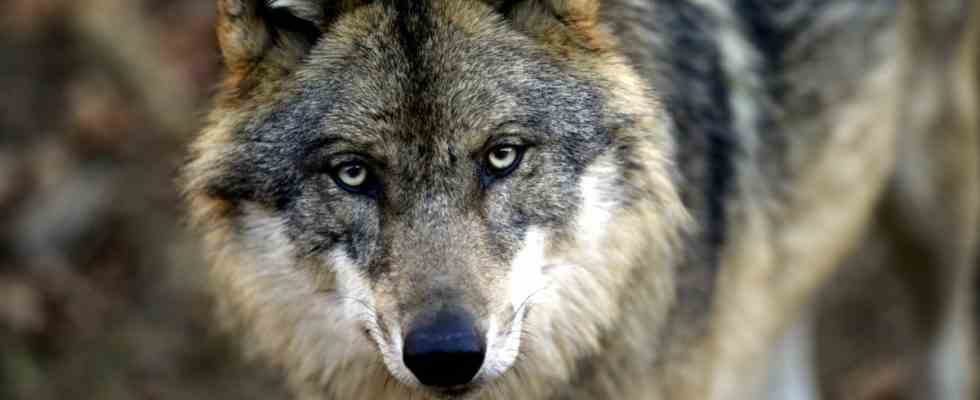When the government of Upper Bavaria had already allowed the shooting of a wolf in early 2022, this could have been followed by the first legal killing of a wild wolf in Bavaria in 140 years. However, this was followed by a lawsuit from the Bund Naturschutz (BN) and an urgent decision by the administrative court against this permit. And then at some point the news followed that the wolf that had killed a number of livestock and wild animals in the Traunstein district and had roamed through towns had long since been run over in the Czech Republic. The administrative court as the next instance therefore only had to make a decision as to who should bear the procedural costs.
“If the wolf died before the general decree was issued for its removal, the purpose pursued with the general decree, namely the permitted killing of this wolf, could not be achieved from the start,” the VGH stated a year ago and closed otherwise largely to the lower court and thus to the BN. If the Garmisch-Partenkirchner district administrator Anton Speer (FW) wants a kind of general license from the government of Upper Bavaria to facilitate the shooting of all wolves, he should have a difficult time legally. Politically, however, his proposal could be of use to many.
Speer has the vast majority of animal keepers, alpine farmers and farmers and also most other people in his district behind him. Sheep farming in particular is a livelihood for many in the Werdenfelser Land, but above all it is a popular tradition for many hobby keepers, often with just a handful of animals. But if they had to reckon with the fact that their sheep and goats, which sometimes graze on extensive and remote alpine pastures, could become prey for wolves at any time, many pastoralists would no longer find their animals at all, argues Speer in view of a number of documented wolf kills and other evidence in the past months.
Without grazing, however, the alpine pastures and thus the entire cultural landscape with which the district is currently applying for entry in the UNESCO World Heritage List would soon no longer exist. Preserving these landscapes and ecosystems is also a requirement of nature conservation, argues Speer. Speer immediately used the maps from the World Heritage application for his requested “pasture protection zone” with easier shooting opportunities for all wolves, the area covers almost the entire district.
The alpine pastures around Garmisch-Partenkirchen, like the approximately 1,400 alpine pastures and alps in Upper Bavaria and in the Allgäu, belong to the pasture protection zones, as they have now been defined on behalf of the state government. In these areas, livestock cannot be protected from wolves with reasonable effort, for example by fences or dogs, which is why the owners of killed animals can receive state compensation even without proven herd protection. However, this does not mean a license to shoot the strictly protected wolves, even if the state government occasionally suggests otherwise, emphasizes the BN’s wolf expert, Uwe Friedel. By definition, according to federal law, there should not be any wolf-free zones in Bavaria either.
With its extensive alpine pastures, the district of Garmisch-Partenkirchen is currently applying to be included in the UNESCO World Heritage. Without grazing animals, however, these alpine pastures would sooner or later become completely overgrown.
(Photo: imago)
Nevertheless, Speer’s application to the state government could open doors. “The wolf doesn’t belong here,” said Prime Minister Markus Söder (CSU) in the summer at an alpine farmers’ meeting in Upper Bavaria, speaking of easier shooting and emphasizing that when in doubt, alpine farming is more important than a single wolf. FW boss Hubert Aiwanger, Agriculture Minister Michaela Kaniber (CSU) and Environment Minister Thorsten Faithr (FW) have repeatedly made similar statements.
In view of this, BN expert Friedel considers it obvious that before Speer’s current initiative “coordination talks with the state government could have taken place”. At the same time, he admits that the presence of wolves is “a huge problem for grazing animals” and that many areas in the mountains can hardly be protected with fences. However, Friedel considers the definition of these areas in the state’s “Wolf Action Plan” to be “too lax”. Instead of constantly calling for shooting opportunities, Friedel needs “far-reaching and comprehensive solutions, some of which have to be developed over years”, for example larger herds with shepherds and dogs always present. Ongoing debates with the State Office for the Environment, whether this or that sheep had been torn by a dog or by a wolf, only distracted from this.

